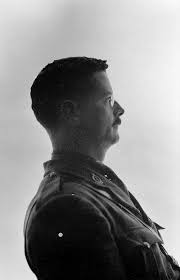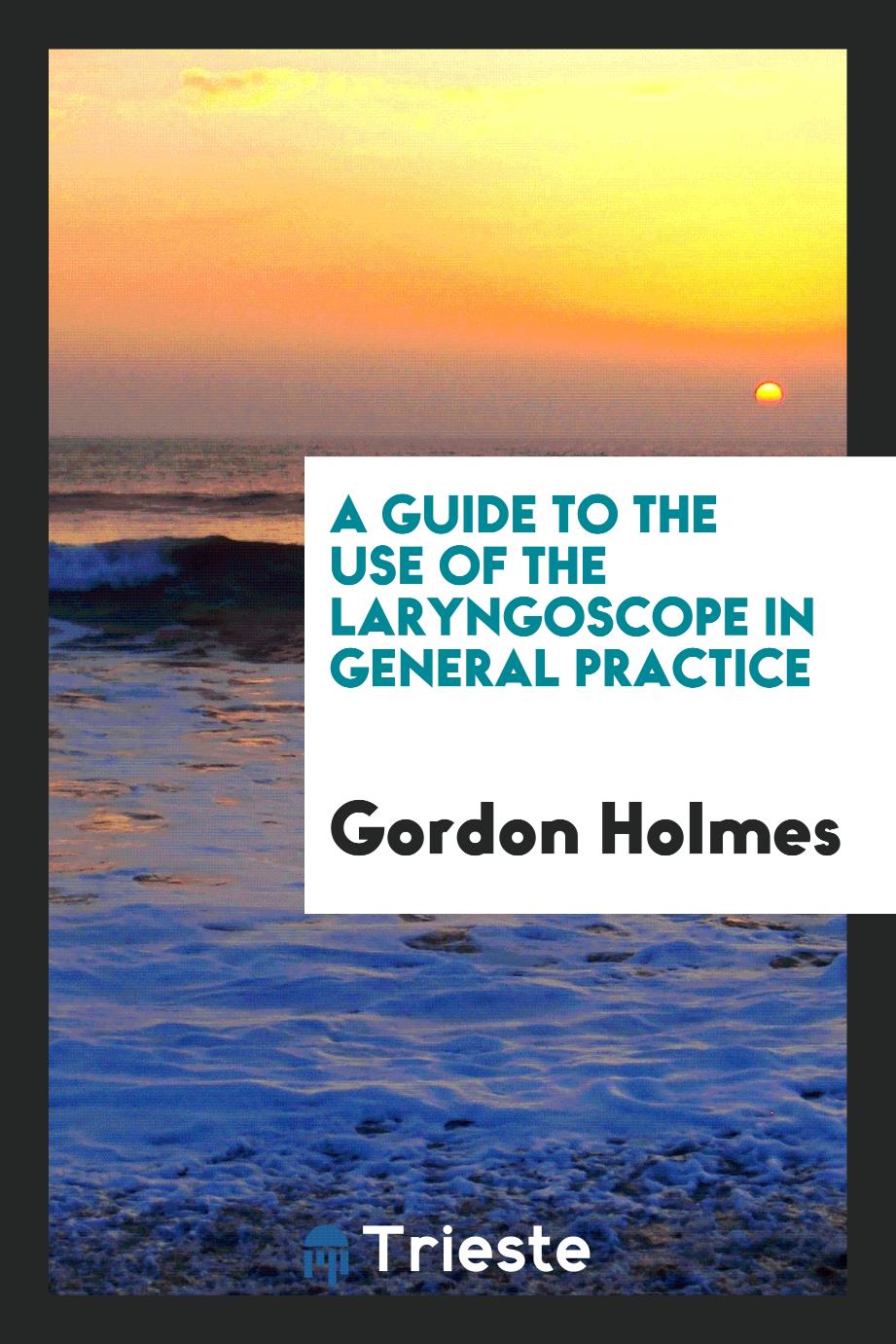
Gordon Holmes
Sir Gordon Morgan Holmes, (22 February 1876 - 29 December 1965) was an Anglo-Irish neurologist. He is best known for carrying out pioneering research into the cerebellum and the visual cortex. He was born as the son of a Louth farmer 40 miles north of Dublin and was educated at Dundalk Educational Institution (now Dundalk Grammar School) and Trinity College, Dublin, where he graduated in medicine in 1897. He was initially employed at Richmond Lunatic Asylum and then, after working his way to New Zealand and back returned to studying neurology in Germany. In 1906 he was appointed Physician to the National Hospital for Nervous Diseases, Queen Square, London. At the outbreak of the First World War he was appointed as consultant neurologist to the British Expeditionary Forces. Working in a field hospital he had a unique opportunity for the investigation of the effects of lesions in specific regions of the brain on balance, vision and bladder function. While in France, Holmes met his future wife, Dr Rosalie Jobson, an Oxford graduate and an international sportswoman, to whom he subsequently proposed marriage while rowing on the Thames. His wartime observations on gunshot wounds re-awakened his interest in cerebellar disease which led to his classical analysis of the symptoms of cerebellar lesions described in his Croonian Lectures to the Royal College of Physicians in 1922. He was elected a Fellow of the Royal Society in May 1933 and delivered their Ferrier Lecture in 1944.
